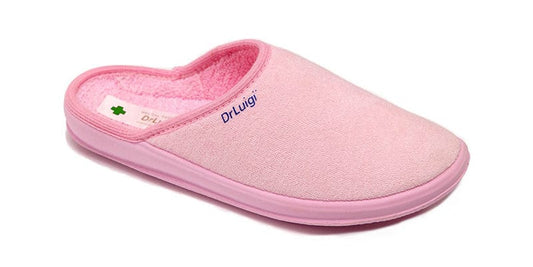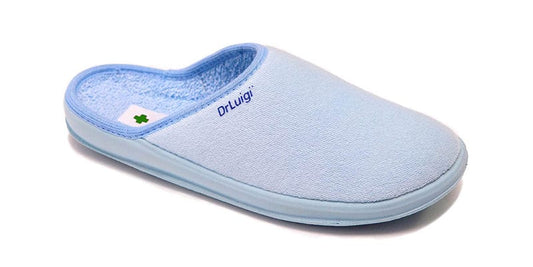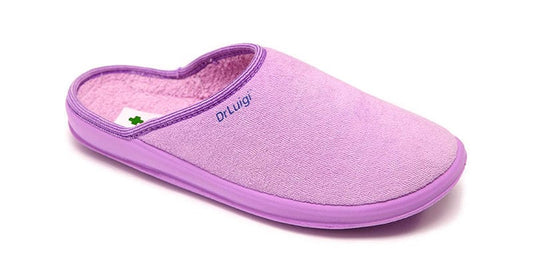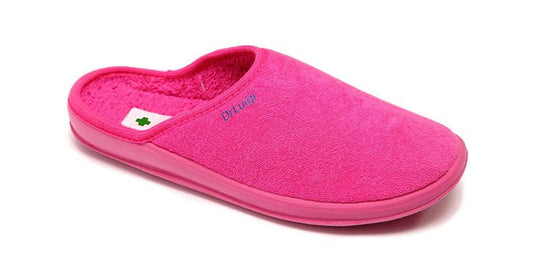Venous leg ulcers, open wounds that typically appear on the lower leg or ankle, are often a result of an inflamed blood vessel. These ulcers are usually associated with conditions like chronic venous insufficiency (CVI) and deep vein thrombosis (DVT). While venous leg ulcers rarely pose a direct threat to life, they can cause significant discomfort, pain, and mobility issues.
Risk factors for developing chronic venous insufficiency include genetic predisposition, multiple pregnancies, use of oral contraceptives, female gender, occupations involving prolonged standing or sitting, physical inactivity, smoking, overweight, and age over 55 years.
Venous leg ulcers are typically caused by a disruption in the normal flow of blood in the veins of the legs, often due to an underlying condition. Symptoms can range from an open sore or wound on the lower leg or ankle to pain in the lower leg. The area surrounding the ulcer may be red, swollen, itchy, and warm to the touch. The ulcer itself may also be painful, especially while walking or standing for extended periods.
Treatment for venous leg ulcers usually involves addressing the underlying condition causing the ulcer. This could involve wearing compression stockings or bandages to improve blood flow to the legs, making lifestyle changes like losing weight, quitting smoking, and increasing physical activity. In some cases, medication like antibiotics or painkillers may be prescribed to help manage symptoms.
Prevention is key in managing venous leg ulcers. Measures like maintaining a healthy weight, leading an active lifestyle, and avoiding sitting or standing for extended periods can help improve blood circulation in the legs. For those at high risk of developing venous leg ulcers, wearing compression stockings or bandages can help reduce the risk.
If you have venous leg ulcers, it's crucial to seek medical attention as soon as possible. Early treatment can help avoid complications and reduce the risk of the ulcer becoming infected. Injuries to the legs, poor blood flow, or varicose veins can all lead to the development of venous ulcers. If left untreated, an ulcer can lead to complications and infections.
For those dealing with venous leg ulcers, consider the comfort and support of DrLuigi orthopedic shoes. These shoes are designed to provide relief and support, making it easier to manage the symptoms of venous leg ulcers.





